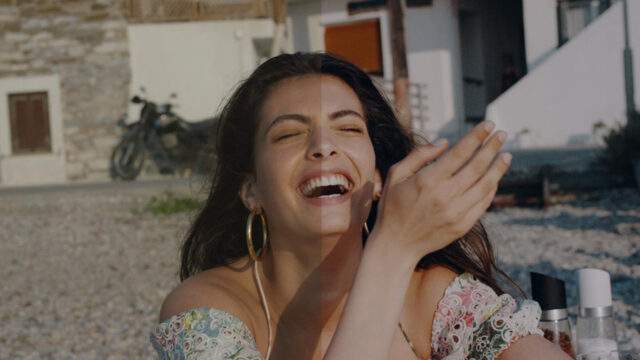Lutify.me – Simplifying Color Grading with Goran Ljubuncic
In this interview, Goran Ljubuncic, founder of Lutify.me explains how they are simplifying color grading for creators of all skill levels.
As a CSI colorist, I completely acknowledge the steep learning curve associated with learning professional, and mostly manual, color correction techniques and tools. These are tools that at their fundamental core, haven’t changed much in decades. Whether you use Resolve, Baselight, Scratch, Mistika, or any pro level color and finishing solution, these are professional tools requiring a pretty deep level of technical understanding to master. This is what sets a working Hollywood level colorist apart from just about everyone else.
Professional color is one of the last frontiers in post production that has yet to be fully “democratized” in terms of accessibility and ease of use for the more casual user.
The driving purpose of Lutify.me is to make color grading more approachable, faster, and easier for anyone who wants the results without the rocket science.
What Makes Lutify LUTs Different?
In our interview, Goran explains what sets Lutify.me luts apart from the sea of lut packs available. The key difference being that every single Lutify lut has been used tried and tested thoroughly, and put into use commercially before it’s offered as a Lutify product.
This sets any Lutify lut apart from the vast number of luts and lut packs created and sold by well meaning filmmakers and creatives that may not actually have the knowledge and experience required to engineer and finesse luts that actually work across a wide variety of cameras and lighting conditions.
What is a LUT?
A lut is simply a color transform. A technical lut will transform values between color spaces, or between a camera specific input profile and a standardized working or output color space. These technical luts are the basis of many professional workflows.
Creative luts are far less technical, and can simply transform input color values to any output values that describe a particular stylized look. They may or may not also be integrated with a technical transform (to be used directly on a specific log encoded source image).
Goran explains in fact that it’s best to use separate technical and creative luts. For example, a technical lut might transform from Sony S-Log 3 to Rec.709, and then a creative lut intended to work correctly with a Rec.709 source can be used afterwards.
Working with Lutify LUTs

The Lutify “Caph” LUT, part of the Cine Looks package. Original left, LUT right. Image credit: Lutify.me
Any lut from Lutify has been created to work well across a wide variety of cameras and formats. These are beautiful cinematic looks that won’t break your footage. Goran explains what exactly makes a good lut.
- A good lut won’t break your image. There is a huge difference between a lut which worked for one shot, compared to a lut that has been crafted to work with any source material. Not all luts are created equally.
- A good lut is not destructive, overly crushing blacks or pushing colors out of gamut.
- A good lut works well with shots captured in as wide as possible range of lighting conditions.
- A good lut will have a pleasant highlight rolloff.
- A good lut will not crush blacks
Lutify LUTs Previewer
Included with every Lutify subscription is access to the cloud-based online LUTs Previewer. This tool lets you preview luts on an uploaded video frame grab. You can even mix and match luts to create new looks, and export them as new luts in .cube format. The tool also lets you create selections and compare different looks.
Lutify.me provides three levels of subscription starting with the Basic plan from only $29 for the first year, and $19.99 for every additional year after. The Standard plan is $39 and the professional plan is $59, each renewing also at $19.99 after the first 12 months.
Are you already subscribed to Lutify.me? Are you using LUTs in your color workflow? What are your favorite LUTs? Let us know in the comments below.


























